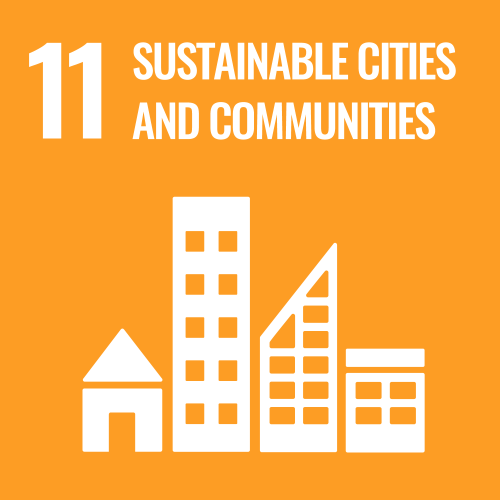
06/03/2024
Cuban students and COPEXTEL participate in the course on air-conditioning and refrigeration systems with renewable energy sources
Currently, Cuba concentrates a large part of its primary energy resources on fossil fuels, including the consumption of petroleum derivatives, which has repercussions on the quality of the environment due to greenhouse gas emissions and the high costs the country incurs for the purchase of these fuels. In this context, the country has adopted a policy of diversifying its energy matrix and prioritising the search for technologies from renewable energy sources (RES), as well as the search for greater energy efficiency.
Among the most widely used renewable energy sources for air conditioning and refrigeration in the rural context are solar energy and biomass energy (especially biogas), since they are abundant sources of energy in the Cuban context, as it is a country privileged by high solar radiation and abundant biomass from different sources. It is considered that air conditioning and refrigeration systems with renewable energy sources are technologies that can offer a clean and efficient alternative, especially in rural environments isolated from the National Electricity System (SEN
The EU-funded project “EU-Cuba Exchange of Experiences” has organised this course, which has allowed participants to learn and understand the different approaches and best practices in the design and operation of air conditioning systems with FRE and to strengthen the capacities of those who have participated for their subsequent application in the rural environment, where these technologies could be very useful in the preservation of food and its production, thus contributing to improving the quality of life and strengthening local development. It also represents an example of cooperation between Cuban actors, allowing the Centre for Refrigeration and Air Conditioning (IRC) to share its experience in the field with key actors of the project “Renewable Energy Sources as Support for Local Development”.
In addition, this activity contributes to the academic and scientific strengthening of universities and research centres, members of the National Group of Universities for Renewable Energy Sources (GNUFRE).




